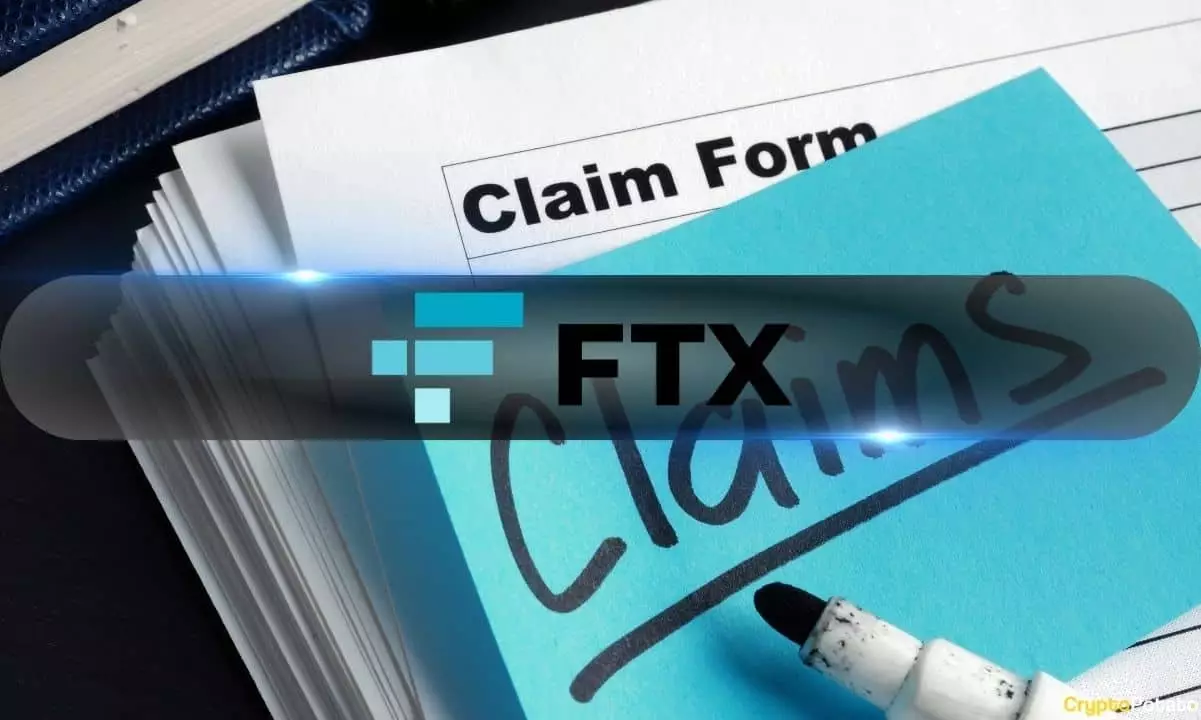Creditors of the bankrupt cryptocurrency exchange FTX have raised concerns over the proposed reorganization plan, stating that it does not meet certain requirements of the Bankruptcy Code. The objection, submitted by FTX creditors including Ahmed Abd El-Razek, Pat Rabbitte, Noia Capital, and activist Sunil Kavuri, highlights issues such as property rights, the best interest test, and debtors liquidation analysis.
Repayment Plan Details
The reorganization plan put forward by FTX aims to repay creditors, with the majority of them set to receive 98% of their claims within 60 days of approval. Non-governmental creditors are expected to receive 100% of their claims along with potential additional interest payments of 9%. While this plan was met with some positivity from the crypto community, Kavuri and other objectors are not satisfied with the terms.
Kavuri and the other creditors are advocating for repayments to be made in kind to avoid additional taxation on creditors. They argue that distributing assets instead of cash could prevent a reporting event for tax purposes. The objectors propose that FTX could collaborate with another crypto exchange to facilitate these in-kind distributions, as doing so independently may present challenges.
The objectors also contest the proposed plan on the grounds that it may not be confirmable under the law. They point out that it includes releases that are not in the estate’s best interest, as well as terms of service and statements by the debtors that are unclear and ambiguous. These uncertainties raise doubts about the feasibility and legality of the reorganization plan as it stands.
Overall, the objections raised by the creditors shed light on the complexities and potential shortcomings of FTX’s bankruptcy reorganization plan. The concerns regarding property rights, taxation implications, and legal ambiguities highlight the importance of carefully evaluating and refining such plans to ensure fairness and compliance with legal standards. As the bankruptcy process unfolds, it will be crucial for all parties involved to address these issues and work towards a resolution that prioritizes the interests of creditors while upholding legal integrity.


Leave a Reply